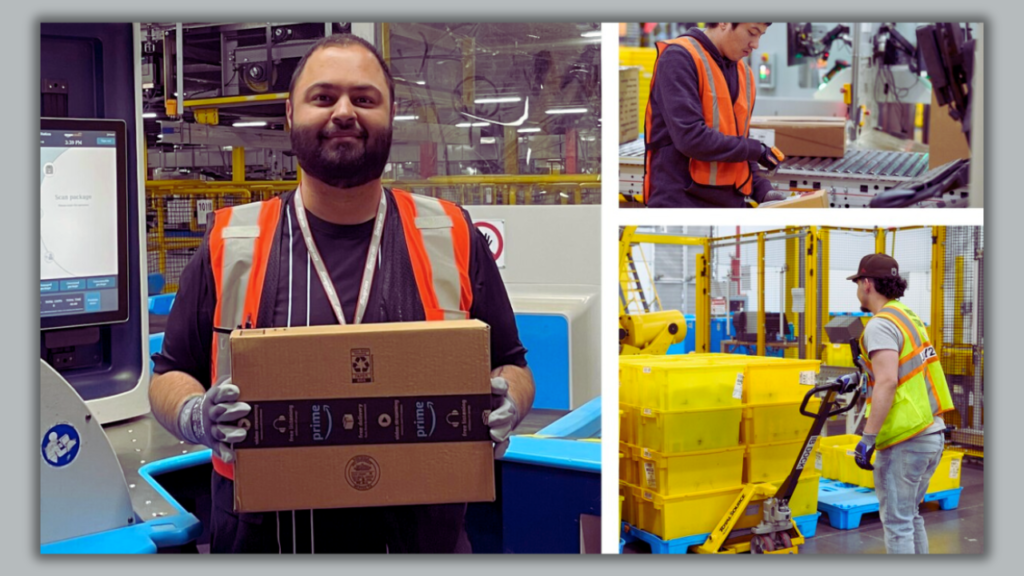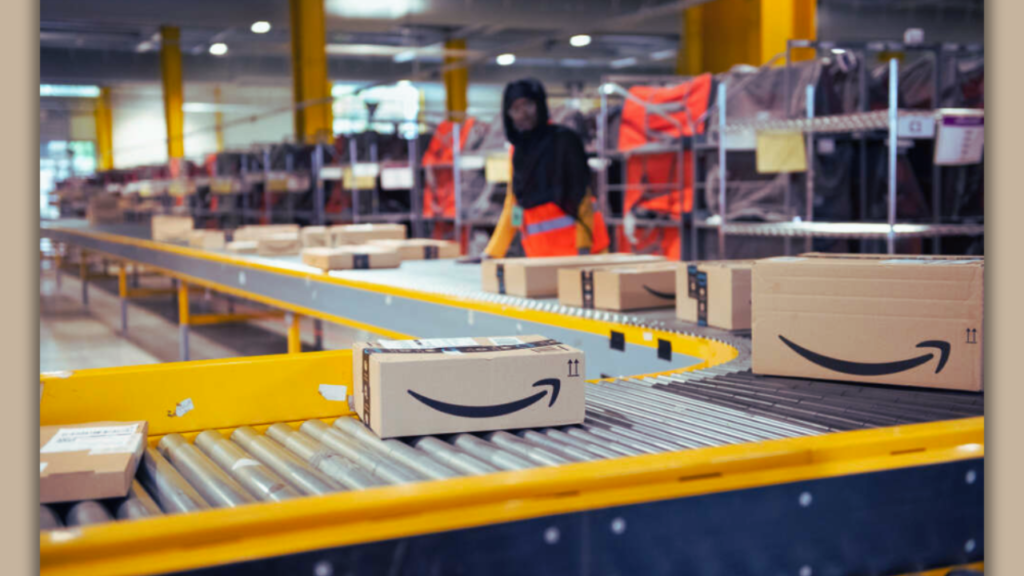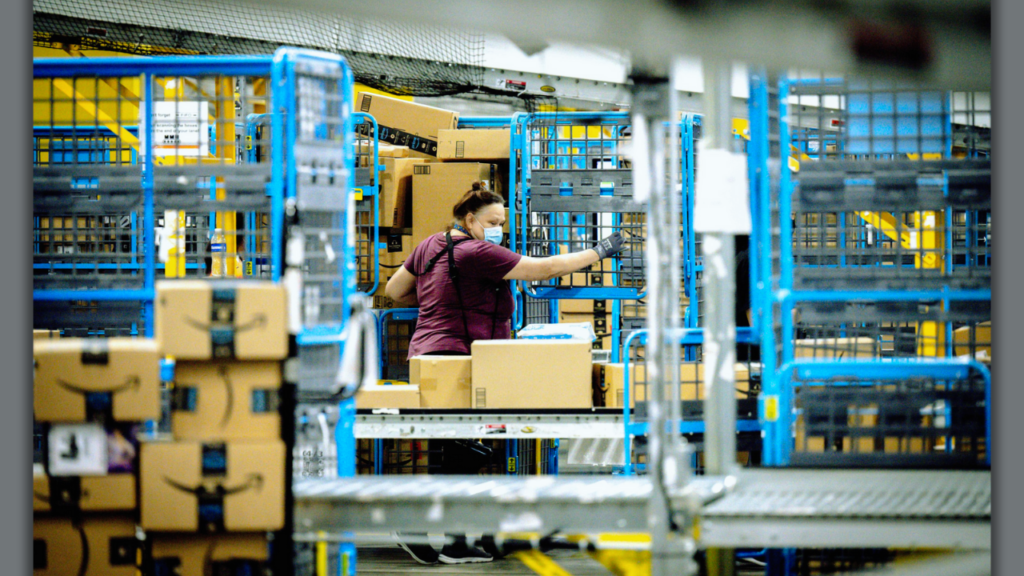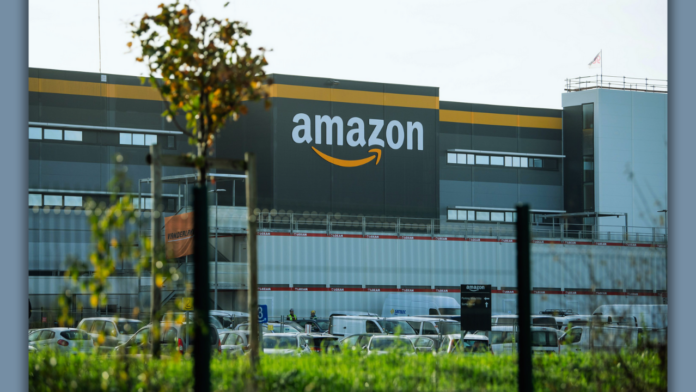The regulatory body discovered that the business used employee scanners to track worker activity and speed and that it kept “excessive” amounts of surveillance data.
What’s new: By conducting workplace surveillance in its amazon warehouse sale France Logistique violated multiple provisions of the General Data Protection Regulation (GDPR), according to a ruling by France’s regulatory body, the National Commission on Informatics and Liberty (CNIL).
Why this matters Recent years have seen an increase in labor issues in large tech industries. Workers on aggregator platforms such as Urban Company, Uber, Ola, Swiggy, Zomato, etc. have voiced grievances on a regular basis. On the other hand, a lot of attention has been paid to amazon warehouse sale terrible working conditions.

According to a May 2023 Forbes article, delivery drivers sued amazon warehouse sale for forcing them to urinate into bottles in order to avoid being tracked when taking bathroom breaks. According to a March 2023 Guardian story, amazon warehouse sale was asked to provide an explanation for the high rates of workplace injuries among its warehouse employees by the US’s top workplace safety regulator. The company is facing more criticism after the French watchdog uncovered an invasive workplace surveillance system.
What information about the working conditions at amazon warehouse sale France did CNIL find?
A number of investigations were conducted by the CNIL in response to news reports and staff complaints. Citing the company’s activity and performance monitoring system as “excessive,” the watchdog released a press release with the following findings:
indicators that measure how long employees spend not using their scanners The restricted committee of the CNIL, which has the authority to impose sanctions, discovered that amazon warehouse sale uses scanner-assisted data on employee activity and performance indicators to manage inventory and orders in its warehouses in real time. It discovered that three indicators violated the GDPR’s lawful processing clause:

Machine Gun Stowage indicator: This alerts you to a mistake when a worker scans a document “too quickly,” meaning in less than 1.25 seconds.
An “idle time” indicator alerts you when a scanner is not in use for more than ten minutes.
“Lead time less than ten minutes” indicator: indicates when the scanner will stop for one to ten minutes.
Failure to adhere to data minimization: The restricted committee discovered that the business used scanners to gather information about employee activity and performance indicators in order to schedule work in its warehouses, evaluate workers weekly, and provide training.
Failure to adhere to data minimization: The restricted committee discovered that the business used scanners to gather information about employee activity and performance indicators in order to schedule work in its amazon warehouse sale, evaluate workers weekly, and provide training.

The CNIL determined that retaining all of the system’s data, including the statistical indicators it produced, for a duration of 31 days for both permanent and temporary employees was “excessive” and “disproportionate.”
No transparency for visitors or employees: The restricted committee discovered that, up until April 2020, the company’s temporary workers were not adequately informed about its privacy policy because it failed to make sure they received it prior to the collection of their personal data using scanners.
Visitors were also not made aware of the video surveillance systems, which was determined to be against the GDPR’s requirement that businesses be transparent and provide information.

Inadequate safeguards for surveillance data: The committee concluded that there was insufficient security in place for the access to the video surveillance software. The access account was shared by multiple users, and the access password was insufficiently strong. “This accumulation of security flaws makes it more challenging to track down the individuals who have accessed video images and identified each user who has performed actions on the software,” the CNIL stated.
The restricted committee fined amazon warehouse sale France Logistique €32 million as a result of these findings.
Concerns about function creep are raised by workplace surveillance: Professor Anupam Guha of the Ashank Desai Centre for Policy Studies at IIT Bombay described how workplace surveillance can result in “function creep” in 2023, which is the practice of using data gathered for one purpose for additional purposes. This implies that monitoring may have the opposite effect of increasing productivity—that is, it may chill down workers to the detriment of the organization.

